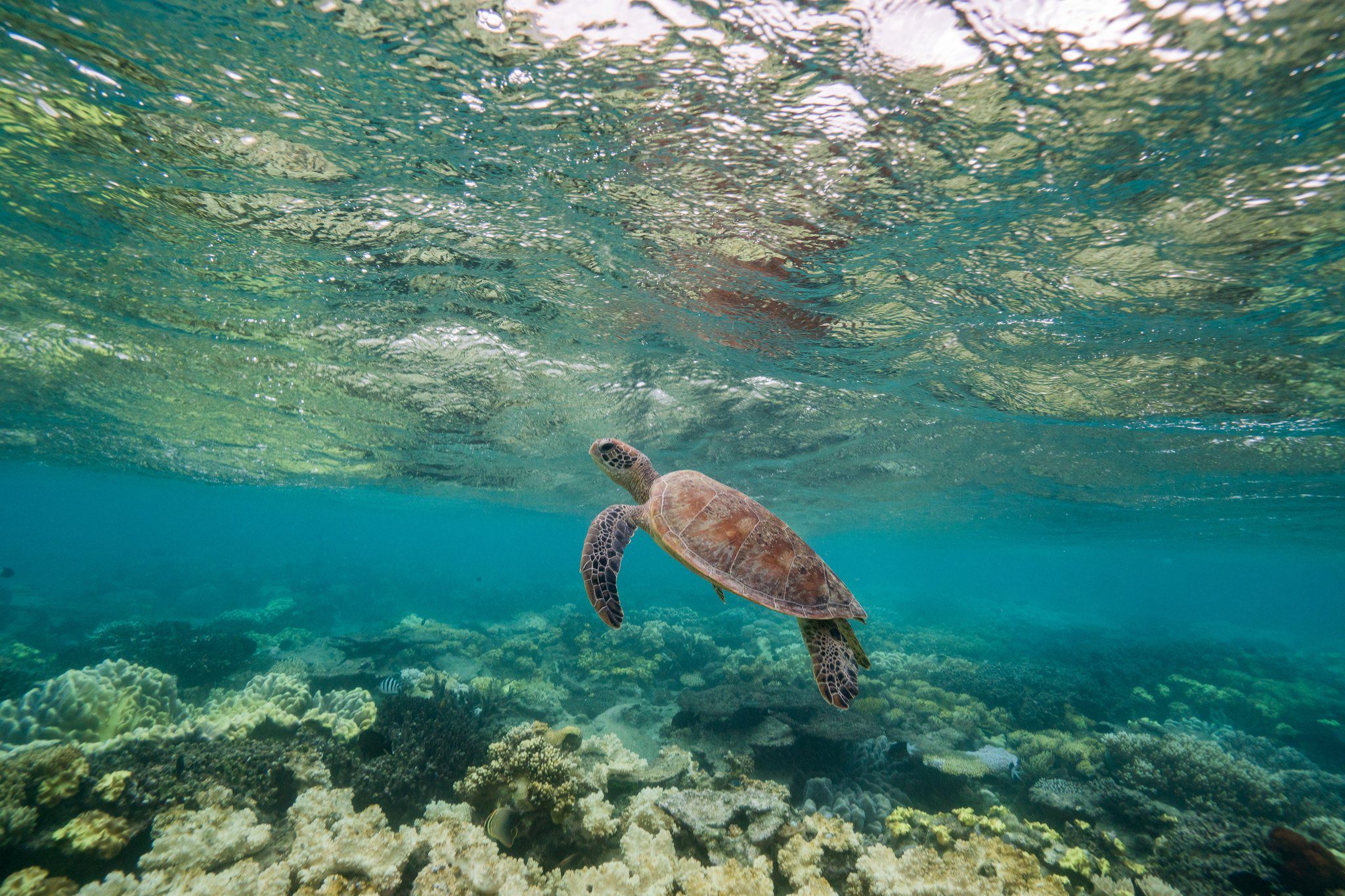European waters span 11 million square kilometers and range from shallow seas to vast expanses of ocean. They are also home to great biodiversity, rich in different habitats and species, but threatened by excessive exploitation and pollution.
It is for this reason that over the last fifteen years, and in particular under the last European Commission, the EU has implemented policies aimed at improve the state of aquatic ecosystems reduce marine pollution. Among these measures, we can notably cite the European directive on marine strategy and the most recent on pollution caused by ships.
You too can rediscover the pleasure of staying informed!
Your support helps protect our independence so that we can continue to produce quality journalism that is open to all.
Support us
What are European waters like?
More than 65% of the territory of the European Union is covered by the sea, so much so that aquatic environments play a fundamental role in the well-being of the planet and human communities: they are rich in biodiversity, constitute one of the main sources of food and economic subsistence and help to absorb approximately one quarter of the carbon dioxide produced annually by human activities.
However, intensive fishing, maritime transport (80% of world trade passes through the seas), pollution and energy production far from the coast threaten the balance of marine ecosystems, contributing to the loss of biodiversity and degradation. of the seabed, warming and acidification of the oceans. oceans.
According to the European Parliament, they only come from the Mediterranean Sea 730 tonnes of waste are dumped every day. But not only that: 49% of marine waste is made up of disposable plastic.
For this reason, the European Union actively participates in the fight against marine pollution through a series of targeted initiatives and guidelines.
What the EU is doing to combat marine pollution
In February, the European Parliament and the Council of the EU reached a preliminary agreement to update the rules on pollution caused by ships. The agreement notably extends the range of harmful substances for which there is a ban on discharge into the sea (including the discharge of sewage, sewage and residues from purification systems) and toughens sanctions for those which pollute.
The agreement also aims to encourage satellite monitoring to prevent spills at sea and encourages shippers to carefully evaluate the profile of the shipping companies to which they entrust the transport of their containers.
As indicated by the European Council, the formal adoption of legislative acts is expected to take place in the autumn. Once the revised directives enter into force, Member States will have 30 months to transpose their provisions into national law.
But not only that: among the measures introduced by the EU, we can cite the “Marine Strategy Framework Directive (MSFD)», adopted in 2008 with the aim of ensuring clean, healthy and resilient marine ecosystems. The directive requires member states to develop national strategies to keep their waters clean; these should include regular assessments, monitoring programs and ad hoc measures to improve their health.
Limit plastic pollution
In 2023, as part of the Green Deal European Union, the Commission has launched the “Zero Pollution” action plan, with which it aims to improve water quality, reducing plastic waste in the sea by 50%. and microplastics released into the environment by 30%.
In particular, to meet the objectives of the Plan, the strategy provides for a review of the regulations in force, constant monitoring and the introduction of the “polluter pays” principle. In this regard, in April 2024, the EU introduced a directive that will require cosmetic and pharmaceutical companies to cover at least 80% of the additional costs necessary to eliminate micropollutants that pollute urban wastewater. A provision which, together with other measures implemented by EU states, can help preserve the health of European water resources.


